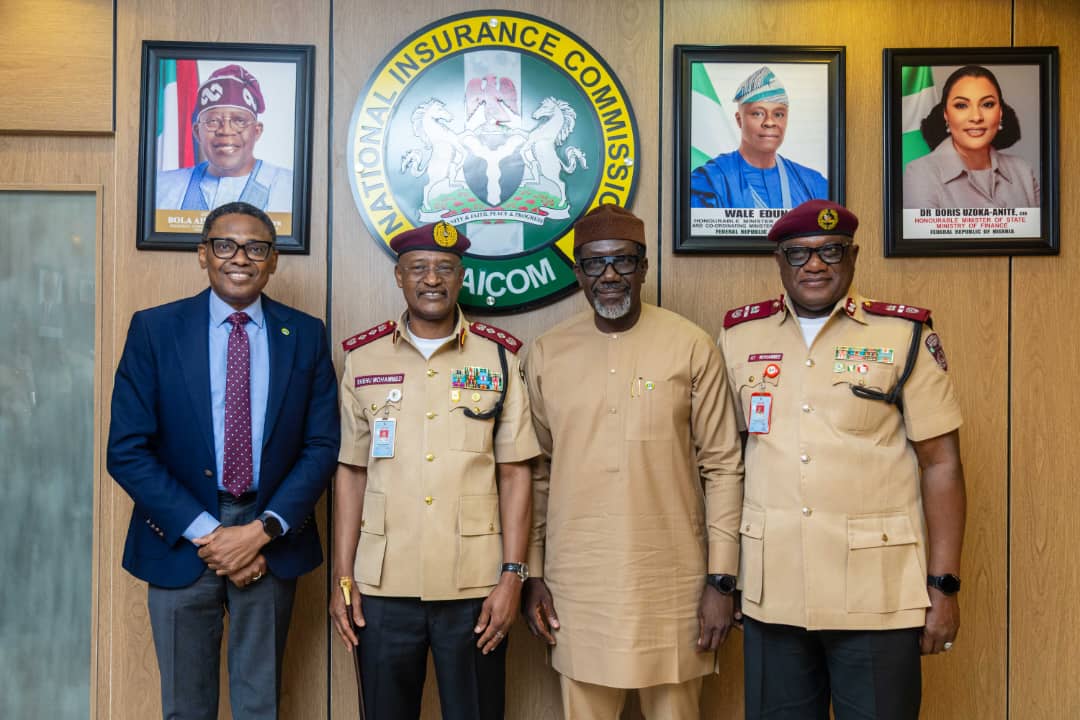How Red Cross Champions Vaccination Efforts Globally
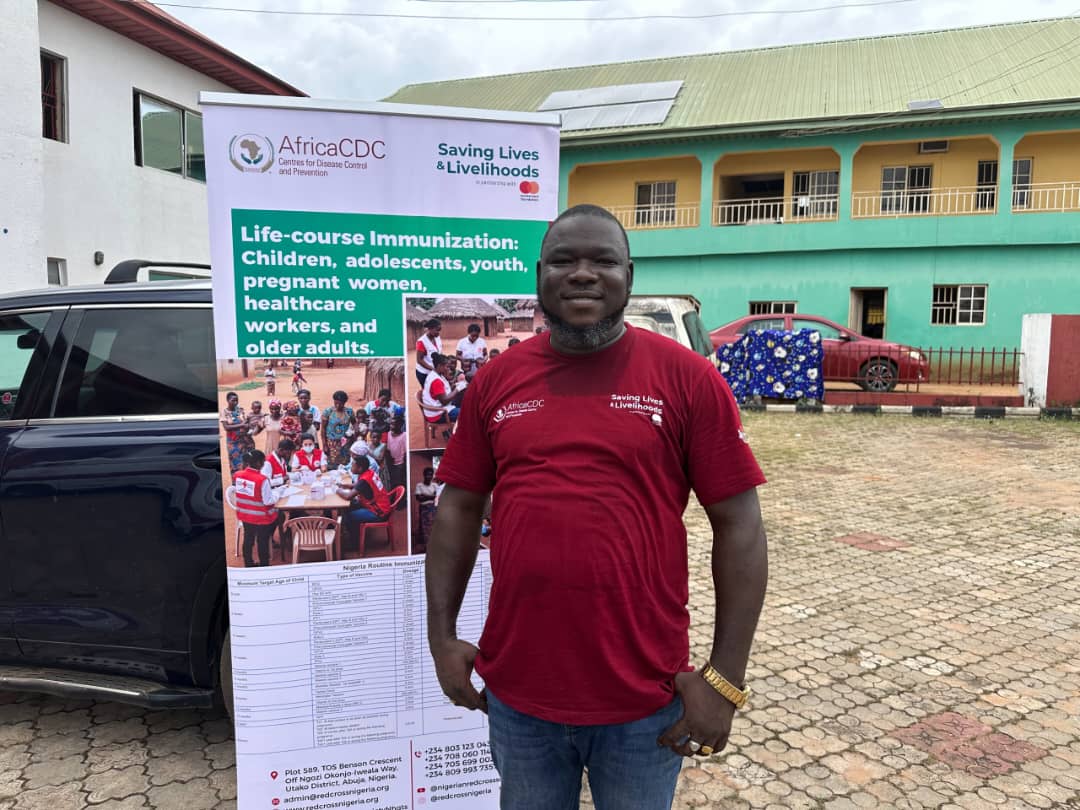


 By Winifred Bosa
By Winifred BosaBy Winifred Bosa
On 26 October, Saudi Maternity Hospital, the only partially functioning hospital in El Fasher, was attacked for the fourth time in a month, killing one nurse and injuring three other health workers. On 28 October, six health workers, four doctors, a nurse and a pharmacist, were abducted. On the same day, more than 460 patients and their companions were reportedly shot and killed in the hospital.
Since the conflict began, 46 health workers have been killed in El Fasher – among them the Director of Primary Health Care in the State Ministry of Health – and another 48 injured. The status of personnel working in three nongovernmental organizations in El Fasher remains unknown. WHO condemns these horrific attacks on health care in the strongest terms and calls for the respect of the sanctity of health care as mandated under International Humanitarian Law.
More than 260 000 people remain trapped in El Fasher with almost no access to food, clean water, or medical care. Escalating violence has forced about 28 000 people to flee El Fasher Town in recent days, 26 000 of them to rural areas of El Fasher and up to 2000 to Tawila. Over 100 000 more people are expected to move to Tawila in the coming days and weeks, adding to the 575 000 already displaced from El Fasher who are sheltering there and other areas. Many of the displaced are women and unaccompanied children facing acute shortages of shelter, protection, food, water, and health care.
In addition to violence, and the lack of basic essentials for life and health, cholera continues to spread rapidly in El Fasher as people lack access to safe water. Disease surveillance and response activities are reduced as a result of the deteriorating security situation. This year alone, El Fasher has reported 272 suspected cases of cholera and 32 deaths, an alarming case fatality rate of nearly 12%. Across Darfur, 18 468 cases and 662 deaths have been recorded in 40 localities.
El Fasher has been cut off from humanitarian aid since February 2025, and malnutrition is rising sharply, especially among children and pregnant women, weakening immunity and heightening vulnerability to cholera, malaria, and other infectious diseases. Many families have exhausted food stocks or lost access to markets.
Despite access restrictions to El Fasher, WHO teams are working around the clock to keep health services running where possible, particularly in areas where people displaced by insecurity arrive. Twenty metric tons of WHO medicines and emergency kits, including supplies for cholera and management of severe acute malnutrition with medical complications, are being moved from Nyala to Tawila to support medical and rapid-response teams providing care for displaced people. Health supplies handed over to partners at Abeche, Chad, are being fast-tracked for delivery to Tawila and other gathering locations.
WHO is coordinating with health partners at reception sites in Korma, located between El Fasher and Tawila, to stabilize critically ill and injured people and facilitate referrals to Tawila. WHO is also preparing to deploy rapid response teams within Tawila and surrounding localities to respond to the urgent health needs of those arriving from El Fasher. WHO trucks are on standby in Darfur to join a UN aid convoy carrying food, medicines, and lifesaving health supplies into El Fasher as soon as access opens.
WHO calls for an immediate end to hostilities in El Fasher and all of Sudan; for the protection of civilians, humanitarian workers, and health care; and safe, rapid, and unimpeded humanitarian access to deliver lifesaving aid.
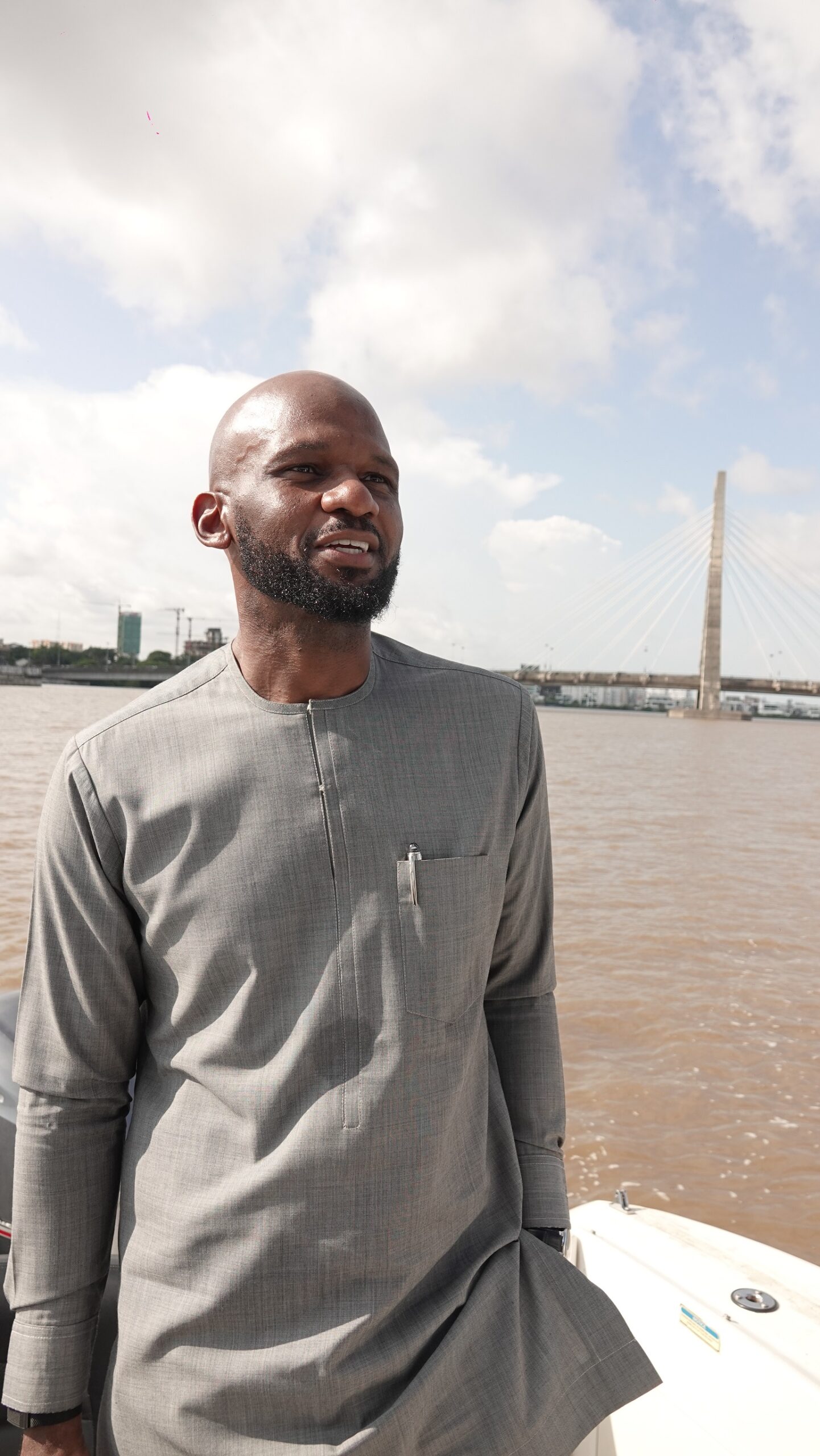 By Winifred Bosa
By Winifred Bosa
Nigerian Exchange Group (NGX Group), through its regulatory subsidiary, Nigerian Exchange Regulation Limited (NGX RegCo), has reaffirmed its commitment to expanding financial inclusion and deepening retail investor participation following the successful FinTribe Finance Fair 2025, which convened over 9,000 women focused on wealth creation and capital market opportunities.
The event, organized by FinTribe, one of Nigeria’s fastest-growing women’s finance communities, has become a leading platform for promoting financial literacy and building investment confidence among women. NGX RegCo’s participation, through its flagship EquipHER initiative, featured interactive sessions that demystified capital market concepts and empowered women to make informed investment decisions.
“You have what it takes to step into greater capability and control over your financial agenda,” said Olufemi Shobanjo, Chief Executive Officer, NGX RegCo. “The same mindset that drives you to start a business, buy a home, or save for your child’s education, to plan, commit, and follow through, is exactly what makes women exceptional investors.”
Commending FinTribe for its sustained commitment to financial education, Shobanjo emphasized that the Nigerian capital market offers practical frameworks for translating financial discipline into purposeful wealth-building strategies. “Financial inclusion begins with awareness,” he affirmed. “When women understand how the market works, they can own their financial futures and build sustainable wealth.”
In alignment with these educational efforts, NGX Group’s technology-driven innovations are lowering barriers to market entry. The Group’s digital investment platform, NGX Invest, enables investors to participate in public offers and rights issues directly from their smart devices, bridging awareness with active market participation.
Jennifer Awirigwe, founder of FinTribe and popularly known as Financial Jennifer, commended the collaboration for driving meaningful impact. “Our partnership with NGX RegCo through EquipHER has created a bridge between knowledge and action,” she stated. “Women are not just learning about finance, they are taking ownership of their financial journeys and inspiring others to do the same. It’s equipping her, not in words, but in action.”
During an interactive Q&A session, Shobanjo addressed questions on share ownership transfers, portfolio management, and investment process navigation, encouraging participants to engage licensed stockbrokers and financial advisers for transparency and efficiency. “It can seem overwhelming at first,” he acknowledged. “But with the right professional guidance, investors can easily navigate the process and take control of their holdings.”
Throughout the fair, the EquipHER booth became a hub of engagement, attracting participants eager to learn how to initiate or expand their investment portfolios.
This initiative complements NGX Group’s broader retail engagement strategy, aimed at deepening participation in Nigeria’s capital market. Recently, the Exchange participated in a public lecture at Godfrey Okoye University, Enugu, themed “Harnessing the Capital Market for Catalyzing Infrastructure Development and Economic Transformation in Nigeria,” reinforcing NGX’s conviction that an informed and engaged public is essential to sustainable economic growth and inclusion.
Through initiatives such as EquipHER and regional retail engagements across Nigeria, NGX Group continues to build a more inclusive, informed, and empowered investor base, reflecting its vision to deepen market participation across gender, geography, and generation.
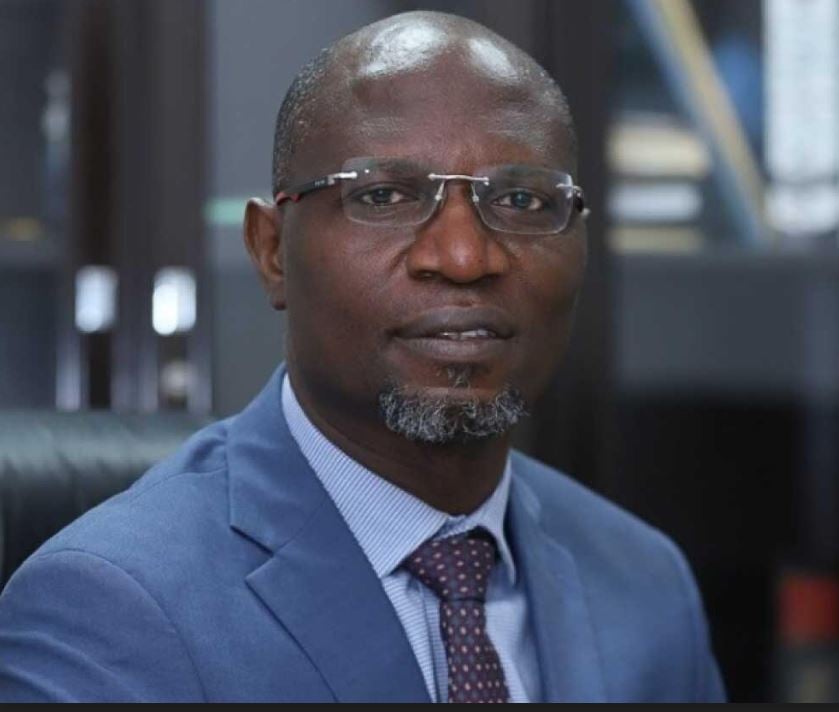
Director General of the Securities and Exchange Commission, Dr. Emomotimi Agama has hailed Nigeria’s removal from the Financial Action Task Force grey list, describing it as a clear reflection of the country’s renewed policy direction and commitment to transparency.
FATF on Friday announced the delisting of Nigeria from its grey list of countries with deficiencies in anti-money laundering and counter-terrorism financing frameworks.
Speaking on Channels Television’s Morning Brief, Dr. Agama, said the development would significantly enhance investor confidence and attract more foreign investments.
“It means so much for us in the capital market; it means so much for us in the financial system. It brings about something that we have been craving for – investor confidence
“The release of Nigeria from the FATF grey list means that investor confidence would be boosted. Delisting from that grey list sends a very strong signal to investors and trading partners that Nigeria has made significant progress in strengthening its anti-money laundering and countering of financing of terrorism regulations,” Agama said.
He described the delisting as a “welcome call to new investments,” saying it would further strengthen productivity and growth in the Nigerian economy.
After implementing a 19-point action plan, the FATF removed Nigeria from the list more than two years later, acknowledging the country’s progress in tightening its AML/CFT framework.
Agama described the development as a major milestone in Nigeria’s journey towards economic reform, institutional integrity, and global credibility and commended the Mrs. Hafsat Abubakar Bakari, Director/Chief Executive Officer of the Nigerian Financial Intelligence Unit and her team for their diligence in implementing the country’s action plan.
According to him, “The NFIU was in the fore front of this initiative and we commend their commitment which has earned Nigeria global recognition for its strengthened institutional framework to tackle financial crimes”
He also praised the efforts of the National Security Adviser, the Secretary to the Government of the Federation, the Ministers of Aviation, Budget and Economic Planning, Defense, Foreign Affairs, Solid Minerals, and State for Finance, as well as the leadership of the National Assembly and the Judiciary.
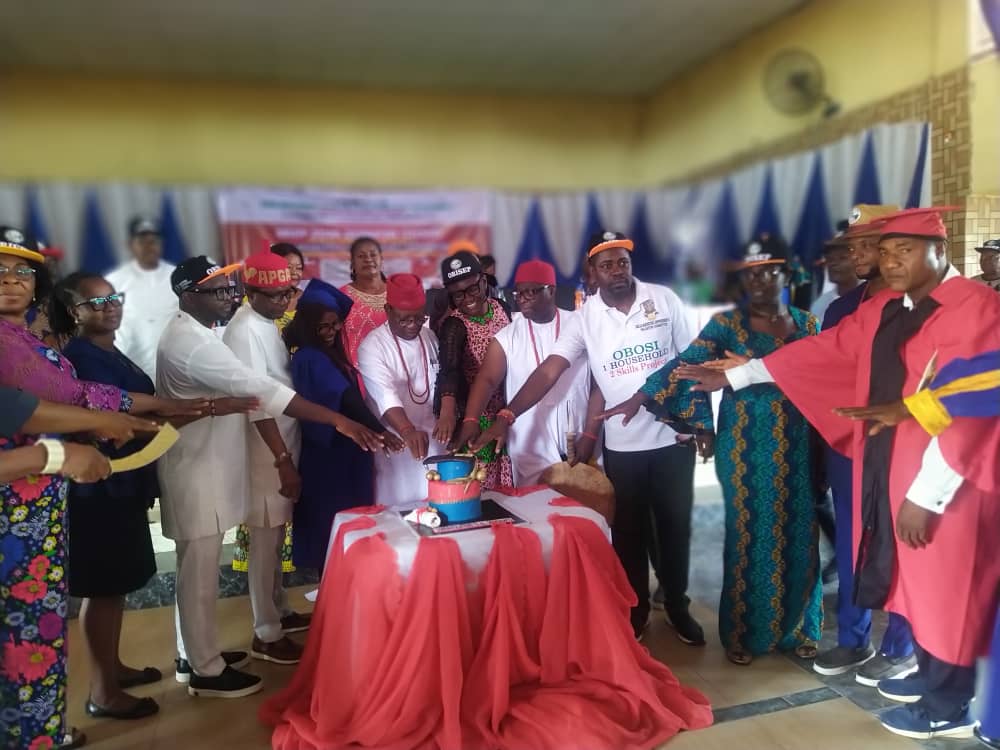
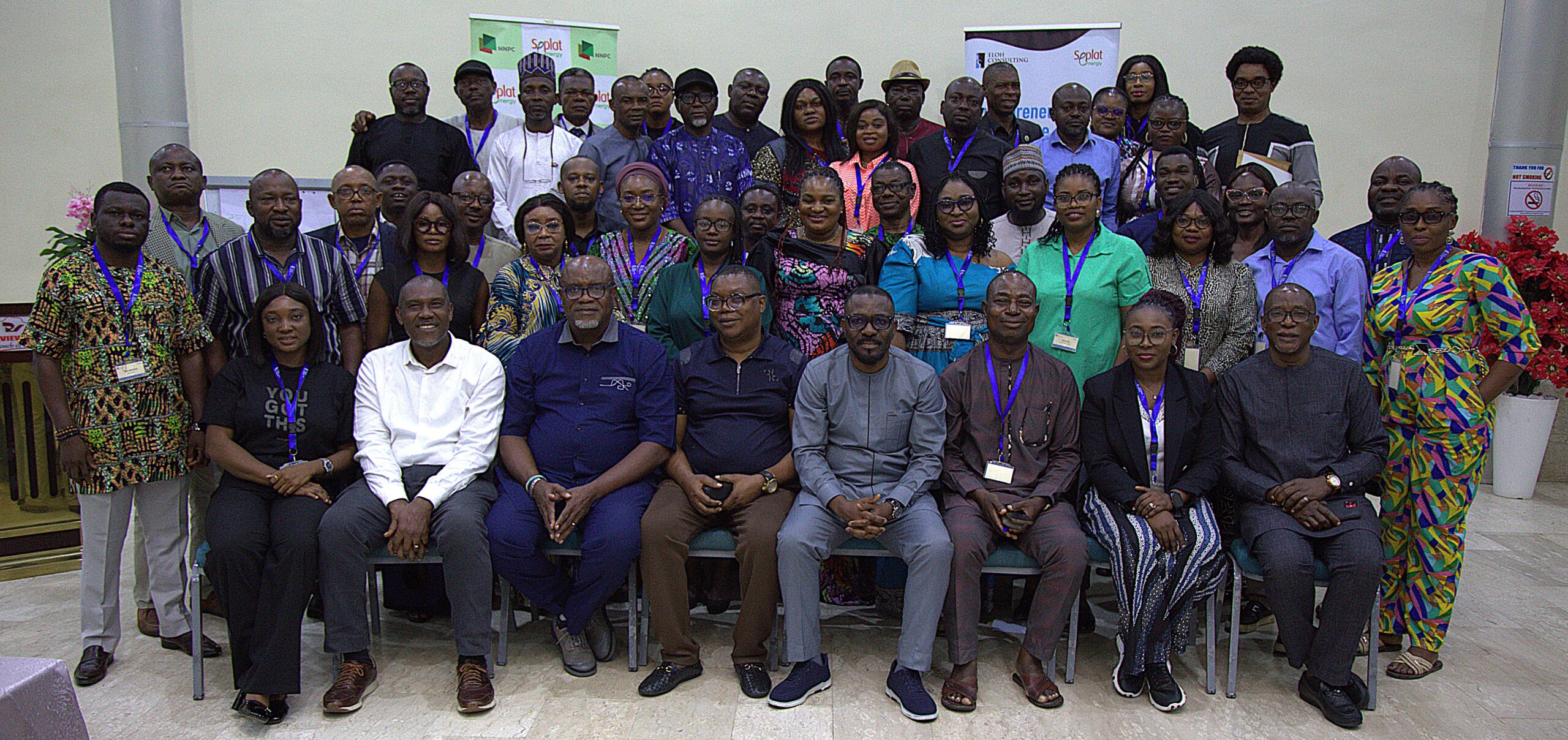
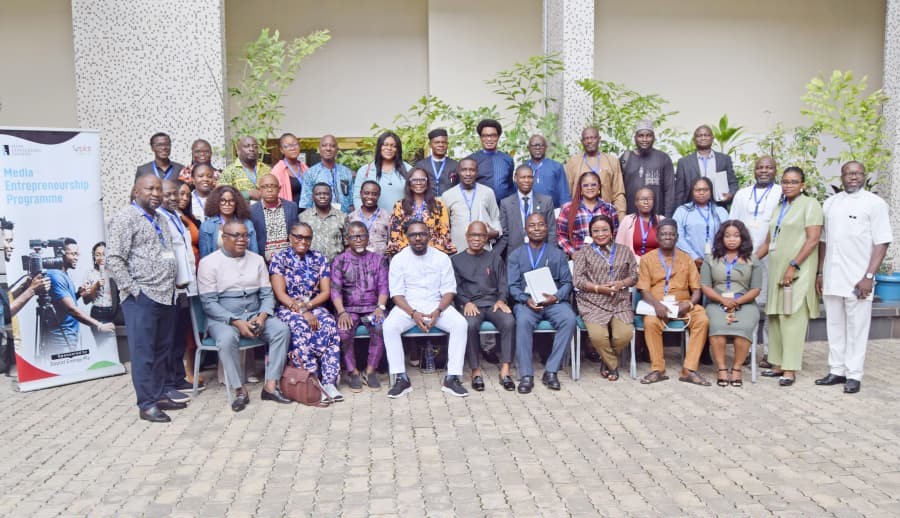
Seplat Energy Plc, leading Nigerian independent energy company, has held the 2025 Annual Media Training Programme in Abuja, in line with the company’s commitment to media excellence, entrepreneurship and economic well-being.
The training programme which had in attendance 50 journalists, brought together media professionals in the Capital City for a two-day hands-on learning, expert-led sessions, and transformative insights into the evolving media landscape and entrepreneurship opportunities open to media practitioners.
Journalists, in attendance, were exposed to various business opportunities they can venture into so as to create more value and broaden their horizons whilst working to be entrepreneurs.
Delivering a session on “Can Managers or Professionals (such as Journalists) make good Entrepreneurs?”, Nigerian professor of political economy and management expert, Professor Pat Utomi, examined the difference between the entrepreneurial and the managerial mindset trends, talent and opportunities spectrum. He identified entrepreneurship as quantum leap in value creation.
A former Director of the Lagos Business School, Dr. Solomon Avbioroko, who spoke on “Ego States Profile and Impact on Transactional Analysis” noted that Ego states are the foundational elements of Transactional Analysis, influencing how we communicate, interact, and understand ourselves and others.
Avbioroko also anchored the session on “Second Phase of Life: Overcoming the Phobia”, observing that retirement is not an end but a beginning, an opportunity to experiment and explore, to engage in valued pursuits and to reinvent our legacy.
The session on “Understanding Digital Marketing: With a focus on Customer Journey Mapping” by Abiola Adedeji, a seasoned trainer, espoused the importance, benefits and components of digital marketing, as well as Digital customer journey mapping as a tool for creating communication strategy that builds a conversation with customers.
Uloma Okoro, a lawyer and serial entrepreneur delivered a session on “Developing A Business Model and Writing a Winning Business Plan”. She advised participants that, as professionals, the business world is a different and new environment, hence, the need to test the waters first before diving straight in. She further advised on the need to learn, unlearn and re-learn, as mistakes are all part of the learning process.
In his sessions, seasoned Chemical engineer and trainer, Olu Onakoya spoke on “The Socio-Economic Environment and Challenge of Entrepreneurial Ventures: Entrepreneurial Leadership & Venture Financing” as well as “Financial Intelligence – Key Enabler of Prudent Investment: Lecture and Experience Sharing.
In a session on “Media Technology: Trends, Importance & Adaptability – Lecture, Exercises & Class Discussion”, Nnamdi Uwaemelulam, a video editor and multimedia producer, emphasised the need for media professionals to embrace evolving technologies. He discussed innovative content formats, cross-platform media habits, and the critical role of personalisation and algorithms.
Earlier in his remark, Stanley Opara, Manager Corporate communications, Seplat Energy Plc, who represented Chioma Afe, Director, External Affairs & Social Performance, highlighted Seplat Energy’s commitment to developing capacity of its media stakeholders, fostering increased professionalism, and driving career sustainability. He commended the media representatives for their quest for knowledge and assured them of Seplat Energy’s commitment in consolidating on the company’s existing partnership with the media, going forward.
The 2-day event was an impactful blend of thought leadership, skill-building workshops, and interactive sessions. It also featured brain teasers and fostered a dynamic learning environment tailored to media professionals aspiring to venture into entrepreneurship, be it in the media or other fields..

